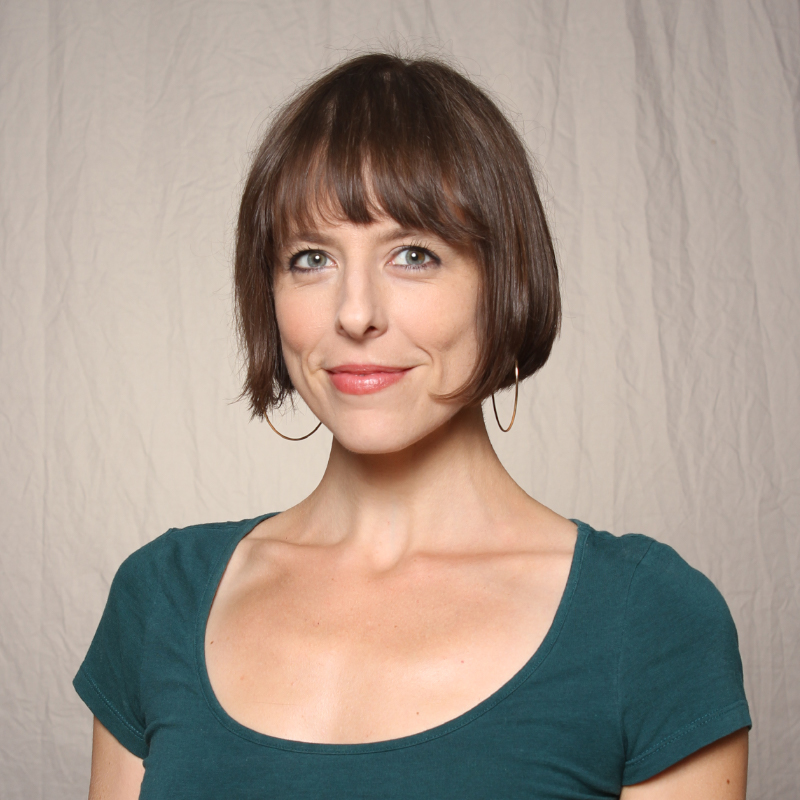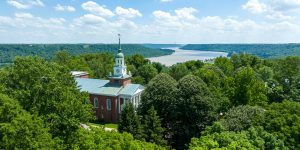Academics at Hanover:
Students in Theological Studies explore religious movements and ideas, along with the ways in which these shape our world. They discuss ancient and modern texts, watch movies, pursue creative projects, write autobiographies, or even tour Italy.
In our classes, you will be invited to explore questions about the nature of ritual, the importance of myths, the problem of suffering, the well-being of animals and the environment, and the relationships among the multiple humanistic and religious traditions of the world. Perhaps most importantly, you will be invited to decide for yourself the meaning and purpose of your life, and you will be challenged to figure out how human beings can best live together for the good of all.
THEOLOGICAL STUDIES AT HANOVER
- Discuss some of life’s great mysteries
- Explore religious traditions both deeply and broadly
- Confront moral questions and learn how to answer them
- Participate in conversations about the meaning of life that started long ago and continue in fresh ways today
- Understand your own gifts and passions more fully
- Engage with inspirational professors who are passionate about their subject
WHAT DO THEOLOGICAL STUDIES MAJORS STUDY?
Theology majors can choose among a wide variety of courses, including:
- C.S. Lewis
- Faith in Fantasy and Fiction
- Early Christianity in Italy
- Theology and World Religions
- Feminist Theologies
- Religion in America
- Gender, Sex, and Family
- Religious Autobiography
- Great Spiritual Questions
- Sexual Ethics
- Ethics in Medicine
- Jesus of Nazareth
RECENT GRADUATES’ CAREER PATHS
Each year, a few students choose Theological Studies to be their major. A larger number of students decide to major in another discipline and to minor in Theological Studies. And many more students sign up for our upper-level classes simply for their own benefit and interest. Here are some of the recent career paths that majors, minors and other interested students have taken:
- Research Assistant, Tissue Procurement Lab
- Associate Director of a University Press
- Internal Medicine Resident
- Senior Program Coordinator with an adoption travel program
- Corporate attorney
- Graphic Designer and Writer
- Investment Counselor and Financial Planner
- Caseworker with Catholic Social Services
- Health Services Clinical Program Coordinator
- Marriage and Family Therapist
- Neonatal Intensive Care Chaplain
- Assistant Professor of Theology
- Pediatrician
- Museum Curator
- State-level Charter Schools Program Manager
- Director of Planning and Business Development at a Regional Hospital
GRADUATE SCHOOL AND SEMINARY PLACEMENTS
In preparing for their chosen professions, our students have attended a large number of prestigious graduate programs, divinity schools, and seminaries. Among these are:
- Vanderbilt University Divinity School
- Harvard Divinity School
- Princeton Theological Seminary
- Claremont School of Theology
- KU Leuven
- Indiana University School of Medicine
- Louisville Presbyterian Theological Seminary
- Indiana University School of Law
- Indiana University School of Social Work
- Case Western Reserve
- University of Kentucky, Martin School of Public Policy and Administration
- University of Notre Dame
- George Washington Univ. Trachtenberg Sch. of Public Policy and Public Admin.
- George Mason School of Law
- Pittsburgh Theological Seminary
- Medical College of Virginia
- University of Virginia
- Duquesne University
- Duke University Divinity School
- University of Louisville Law School
“The primary strength of the Theological Studies department at Hanover College is without question the outstanding faculty. Not only are they extremely intelligent and passionate about their subject, but are also truly joyful, giving, inspiring people.”
Kyle Gobel ’06






